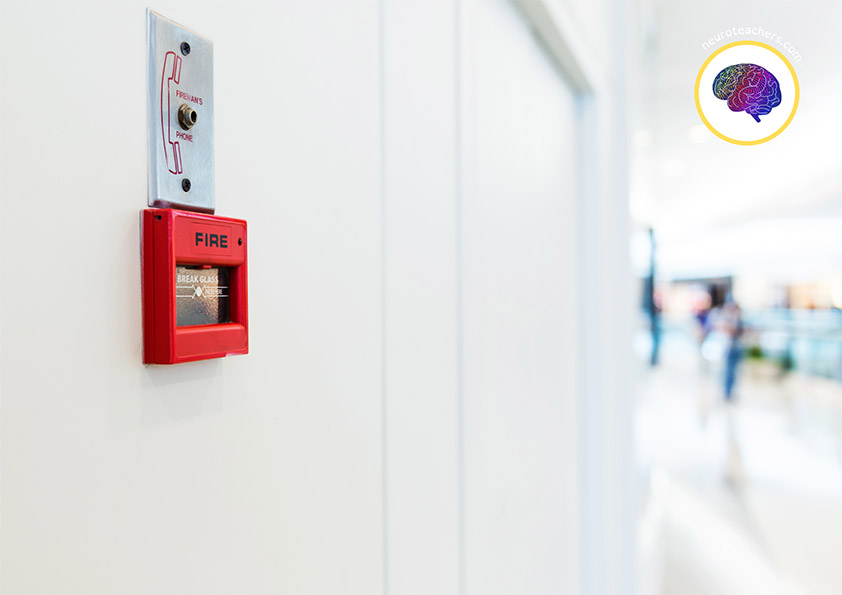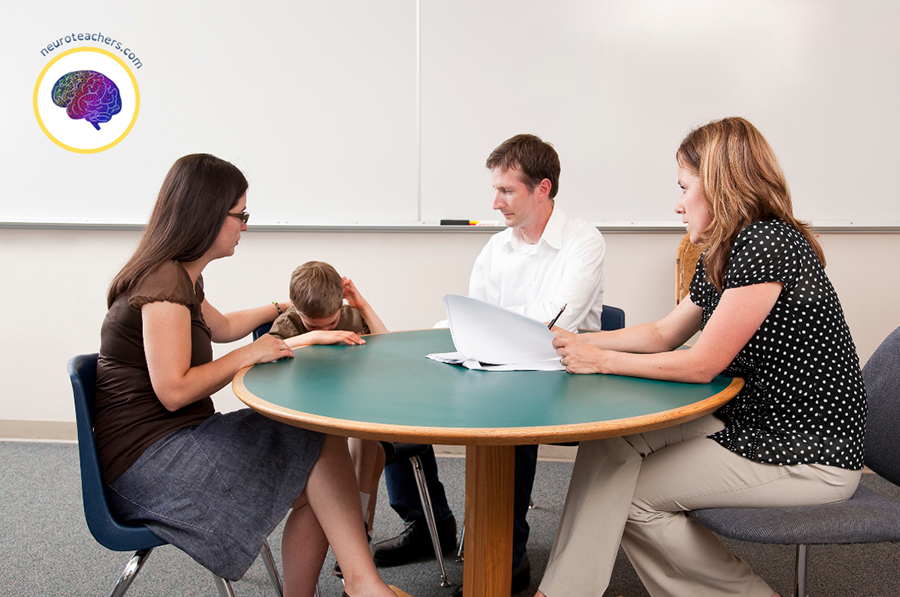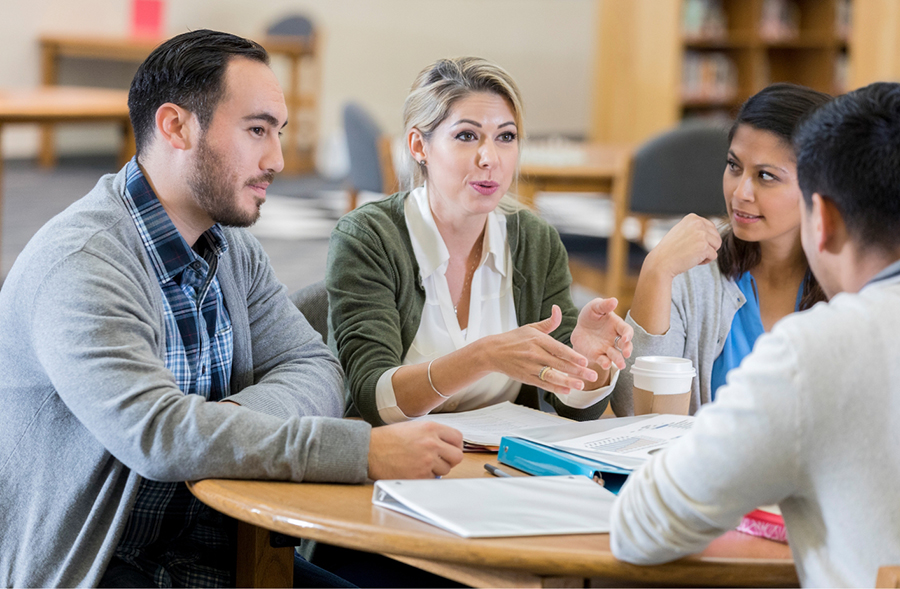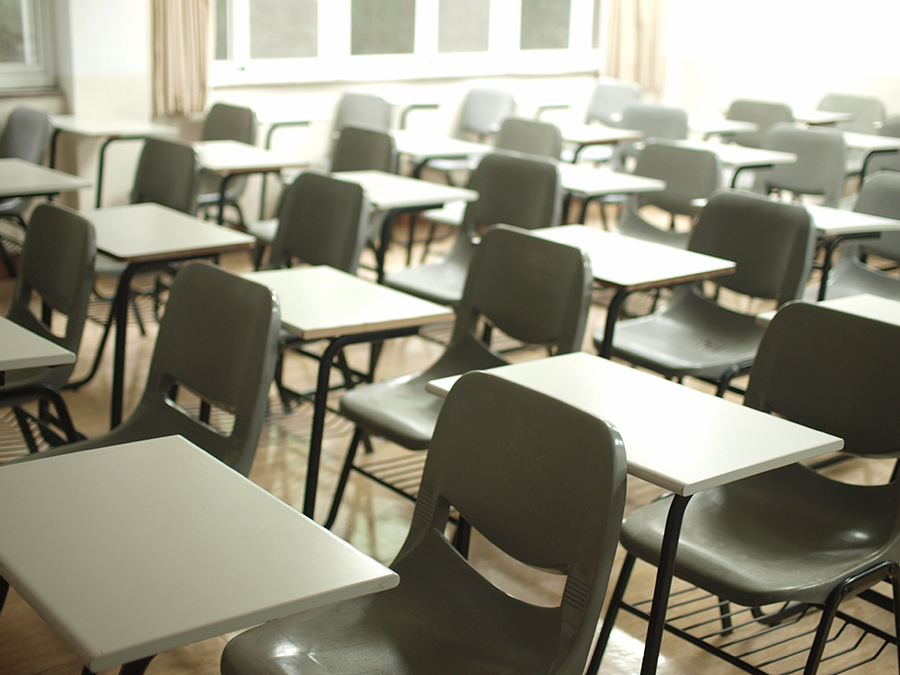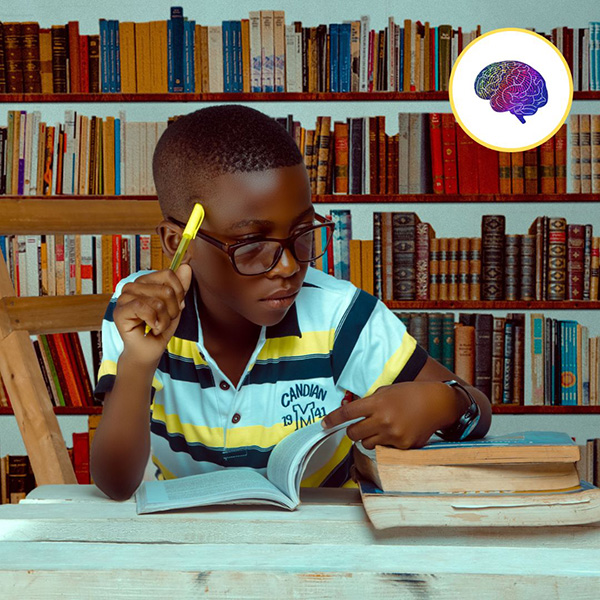A controversial blog about behaviour – Part 2
Confessions of a recovering behaviourist Catrina Lowri is a neurodivergent teacher, trainer, and coach. As well as having 22 years’ experience of working in education, she also speaks as a dyslexic and bipolar woman, who had her own unique journey through the education system This is the second blog in the series called ‘ A controversial blog about […]
A controversial blog about behaviour – Part 2 Read More »

